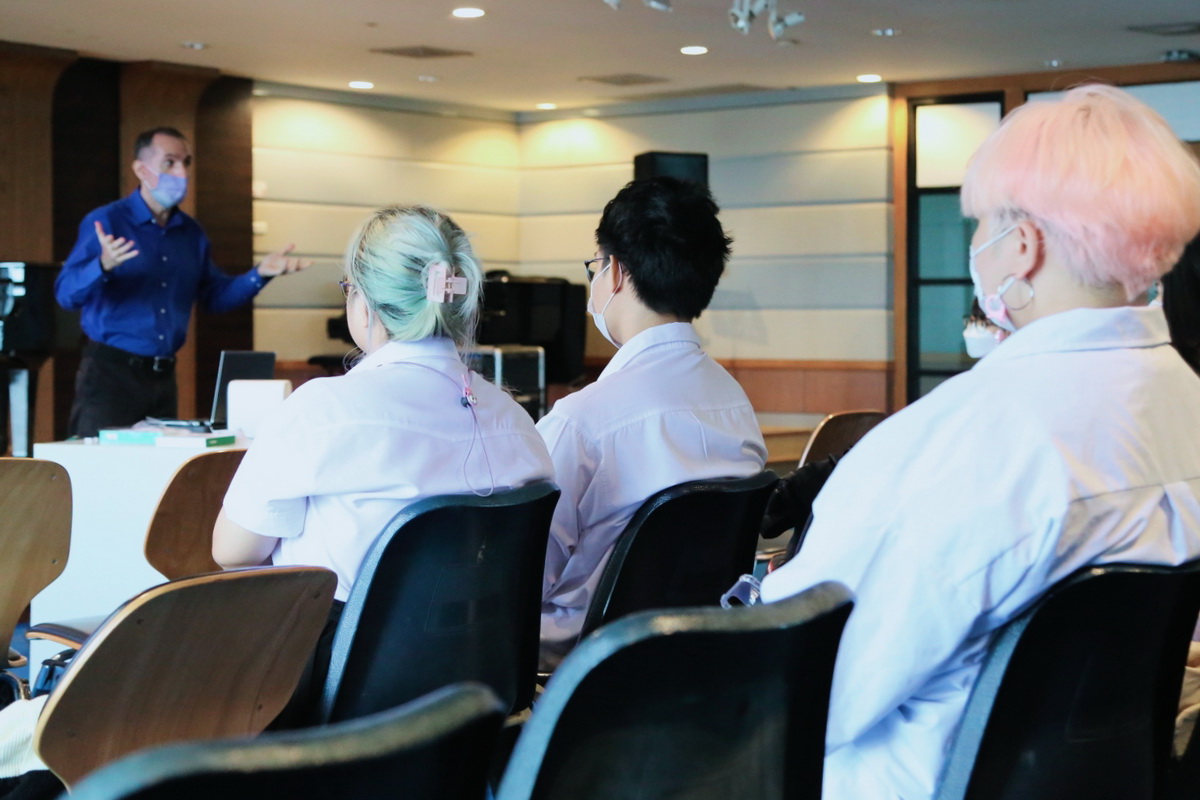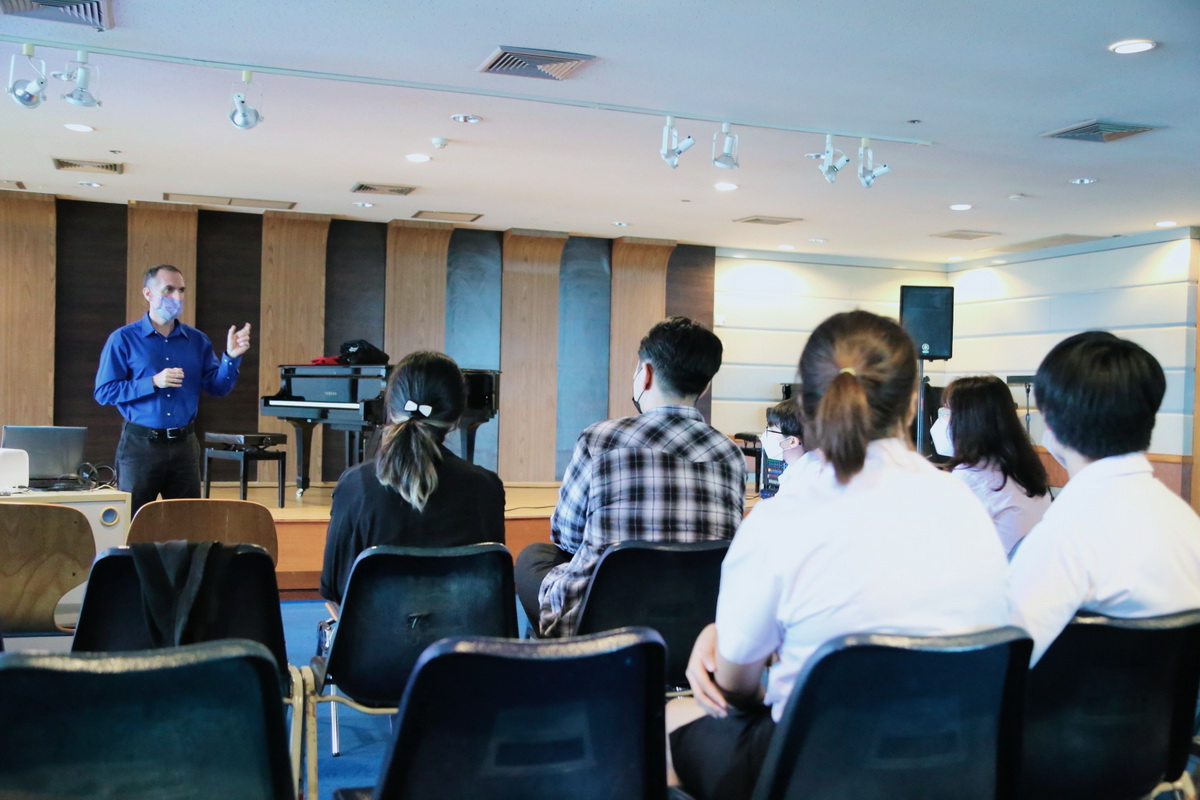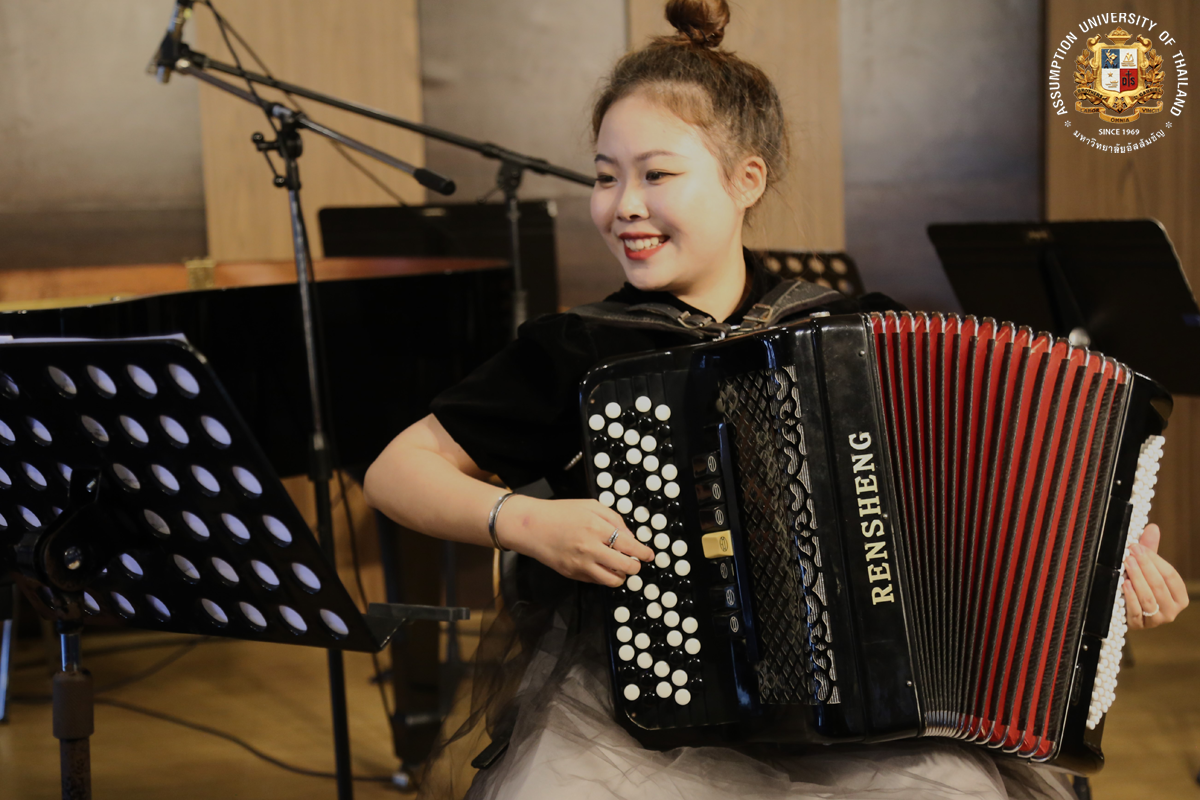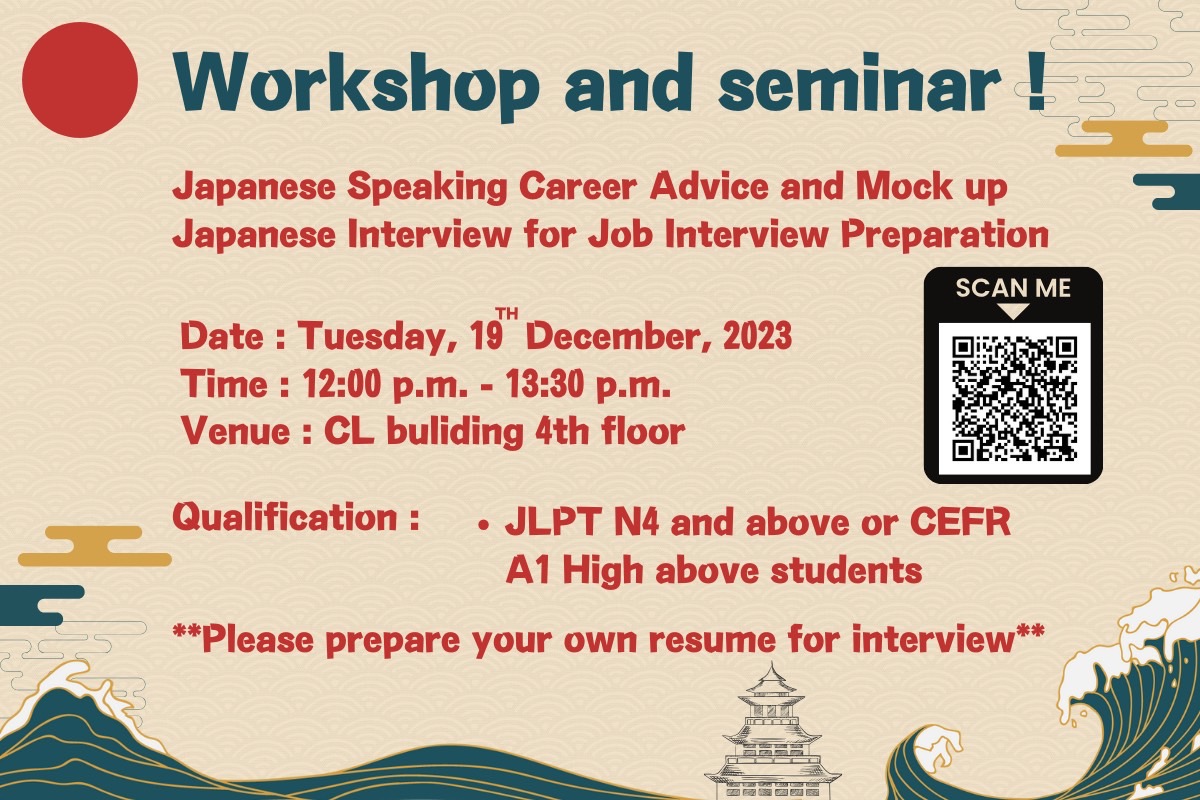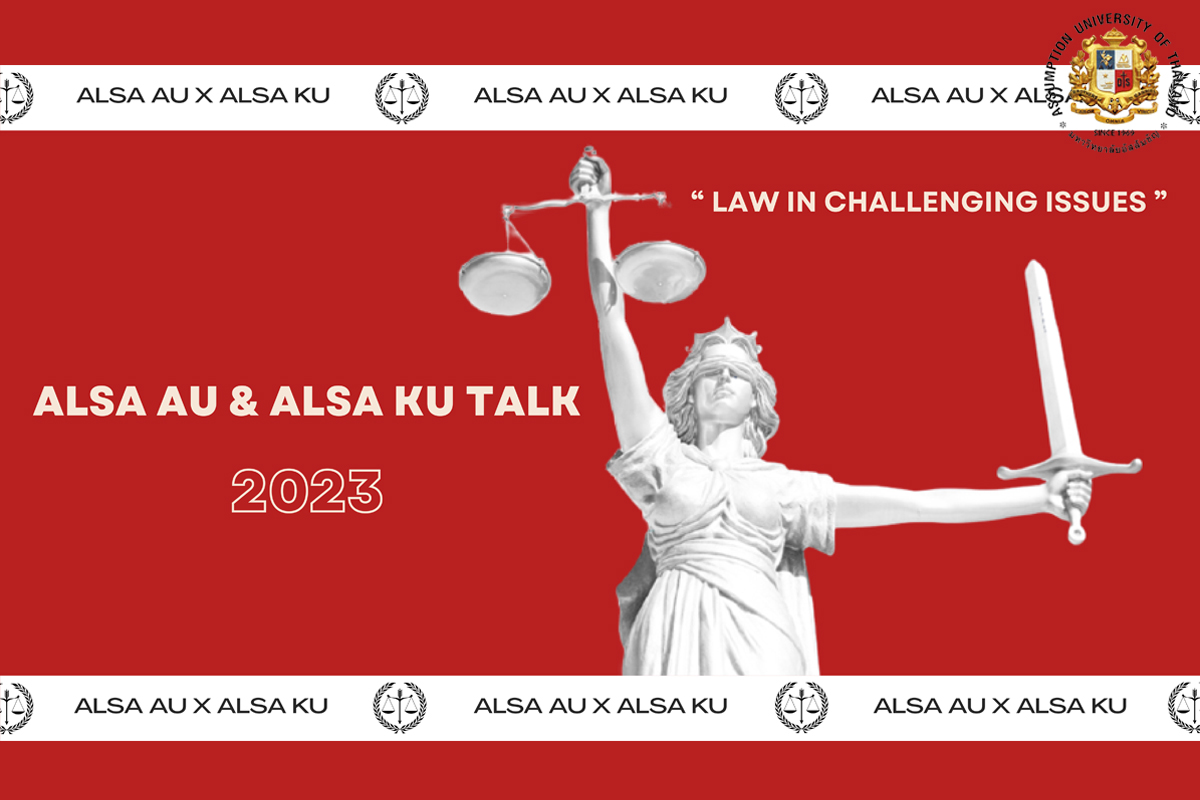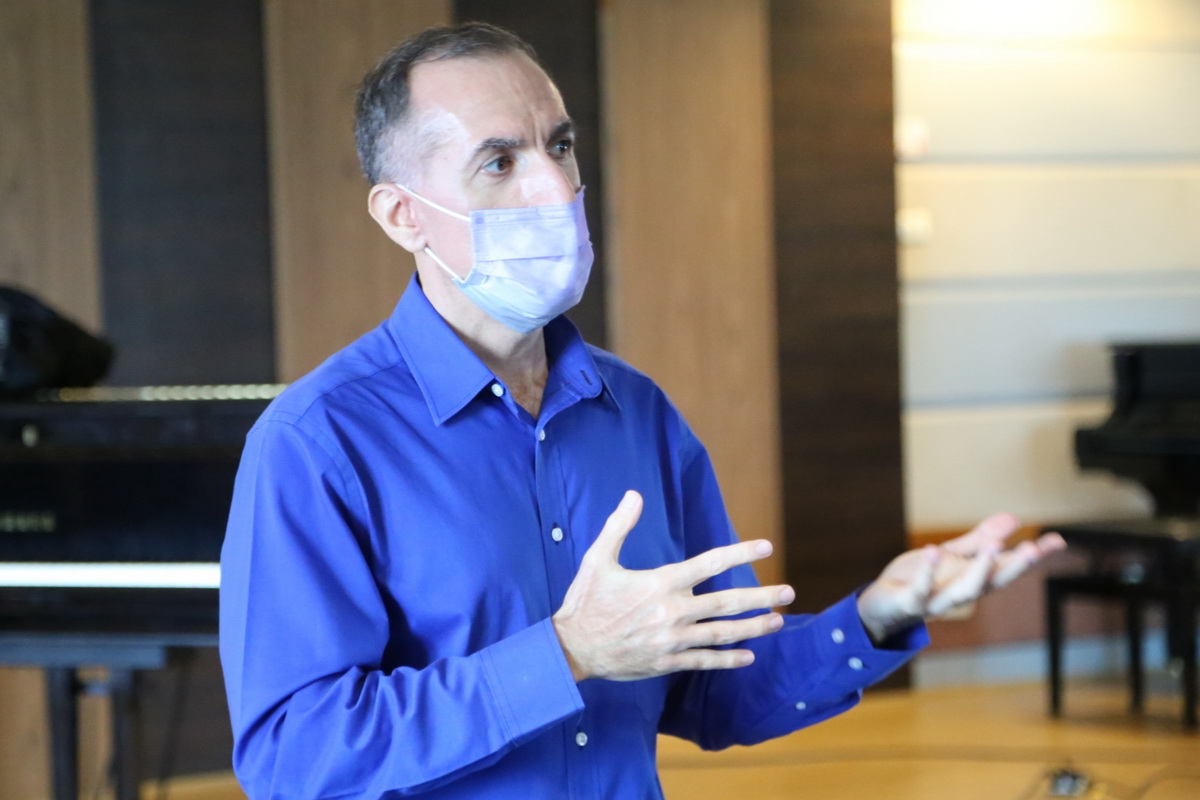 On August 17, 2022, Asst. Prof. Alberto Firrincieli run a workshop about Classical Improvisation. Improvisation is, in very simple words, the skill to perform music extemporizing without reading any score. Usually when we hear about improvisation in music, we include this unique music practice in a more jazz or blues context, but surely not in a classic one. Improvisation is still regularly practiced and studied in many non-classic music genres, but from roughly hundred years it almost disappeared from traditional classical music teaching and learning. Surprisingly, improvisation has been always crucial in classical music in the past. According to historical evidence the most relevant composers we know - from Bach to Mozart, from Beethoven to Liszt, just to mention few names - were excellent improvisers, and back-then it was pretty usual to learn improvisation and composition alongside performance. Moreover, Improvisation was an essential element of music teaching and learning, as witnessed by several sources and treatises. Except very few exceptions here and there in the globe, today studies in classical music do not include improvisation.
On August 17, 2022, Asst. Prof. Alberto Firrincieli run a workshop about Classical Improvisation. Improvisation is, in very simple words, the skill to perform music extemporizing without reading any score. Usually when we hear about improvisation in music, we include this unique music practice in a more jazz or blues context, but surely not in a classic one. Improvisation is still regularly practiced and studied in many non-classic music genres, but from roughly hundred years it almost disappeared from traditional classical music teaching and learning. Surprisingly, improvisation has been always crucial in classical music in the past. According to historical evidence the most relevant composers we know - from Bach to Mozart, from Beethoven to Liszt, just to mention few names - were excellent improvisers, and back-then it was pretty usual to learn improvisation and composition alongside performance. Moreover, Improvisation was an essential element of music teaching and learning, as witnessed by several sources and treatises. Except very few exceptions here and there in the globe, today studies in classical music do not include improvisation.
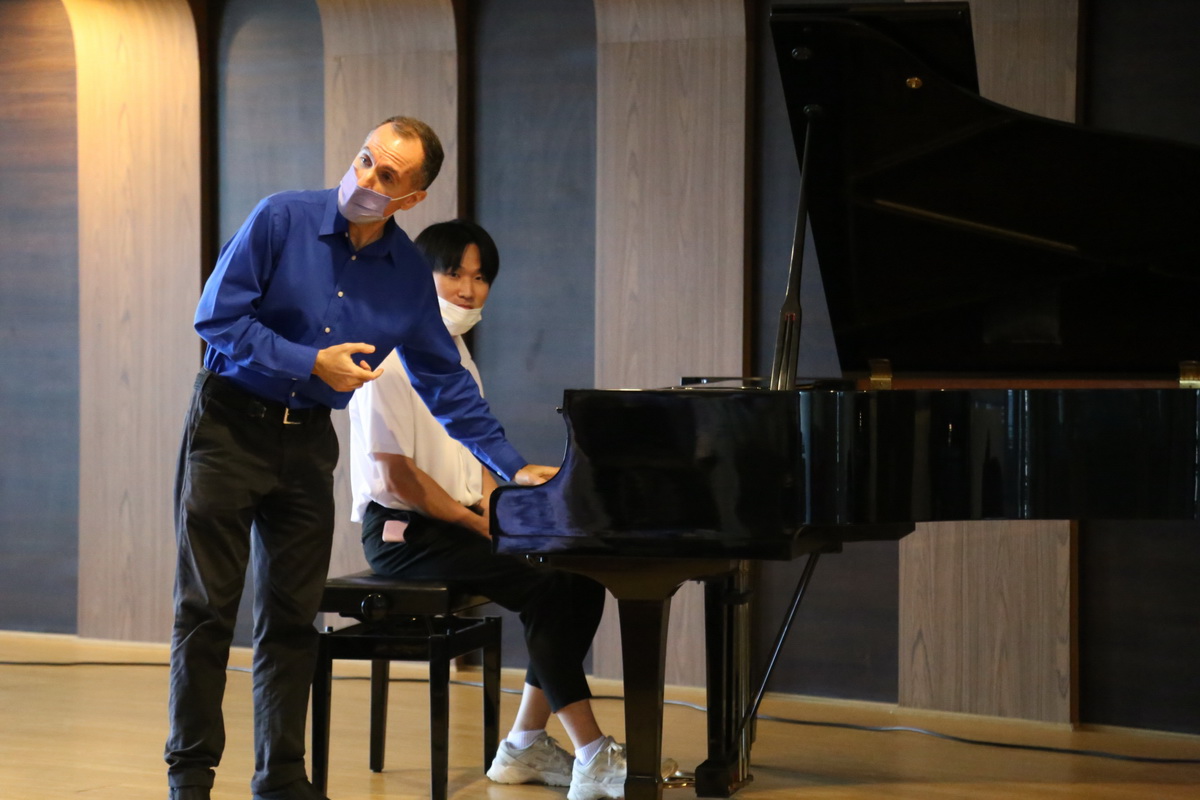
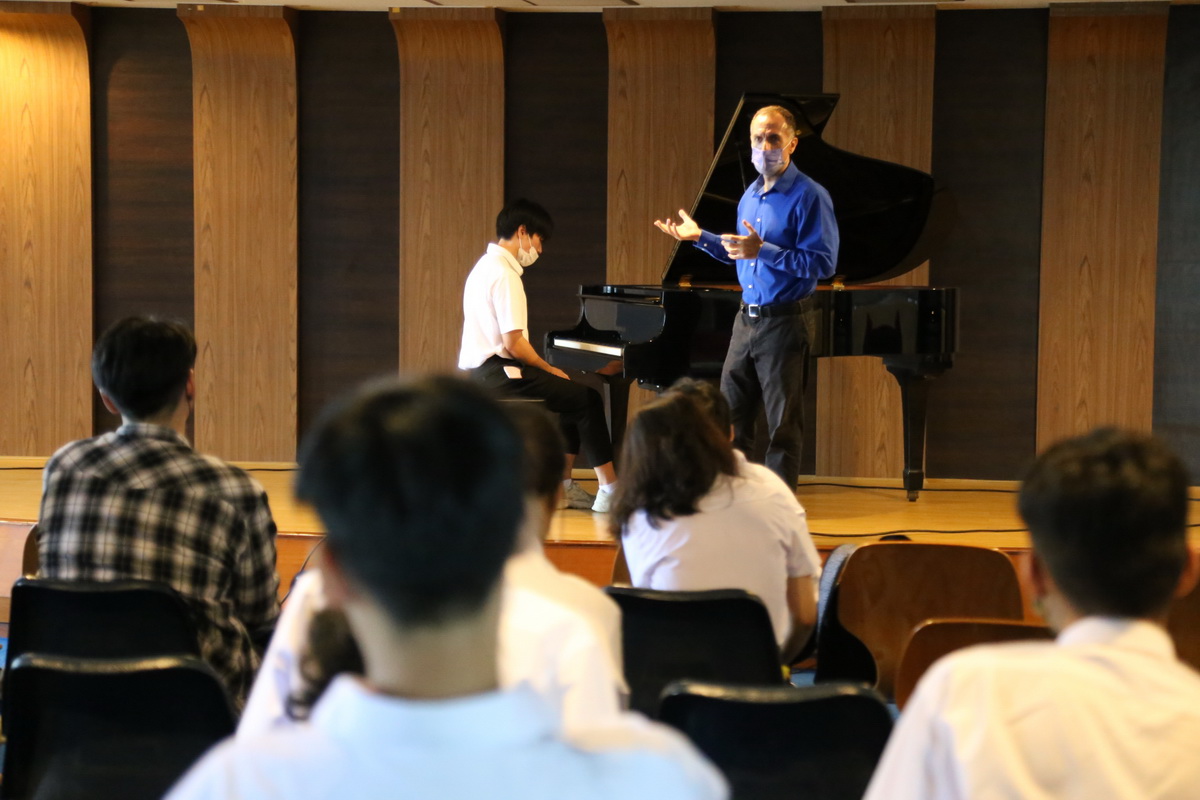
Asst. Prof. Alberto Firrincieli started his investigation in classical improvisation over 20 years ago, during his studies in harpsichord and organ in Italy, and he actively includes classical improvisation in his music classes as well as public performances. “Classical improvisation has, among several benefits, an enormous pedagogical relevance” he explains, “for several reasons: undoubtedly it forces performers to develop the skill to think in music, preserving in the same time his own uniqueness and sensitivity. With the risk to oversimplify, I usually compare music to spoken language in order to let everyone understands how natural and obvious it should to improvise for every musician. In our language studies usually we focus on reading, writing and conversation while in classical music we focus mostly on reading. Only if we decide to learn “writing”, we may attend some composition class, but in terms of “conversation”, there is basically nothing in the traditional classic music learning. I do compare conversation in spoken language to improvisation in music. Given that it is not possible to speak a language without thinking, it is in the same way not possible to improvise without the skill to think in music. I could say more: we are able to speak a language when we can properly master vocabulary and basic elements in a sentence like subject, verb and so on. For the same reason we will be able to improvise when we will know music vocabulary like scales and chords, and overall when we will be able to use music functions like tonic, dominant and so on. In a way, and still simplifying, the latter have the same importance of subject and verb.
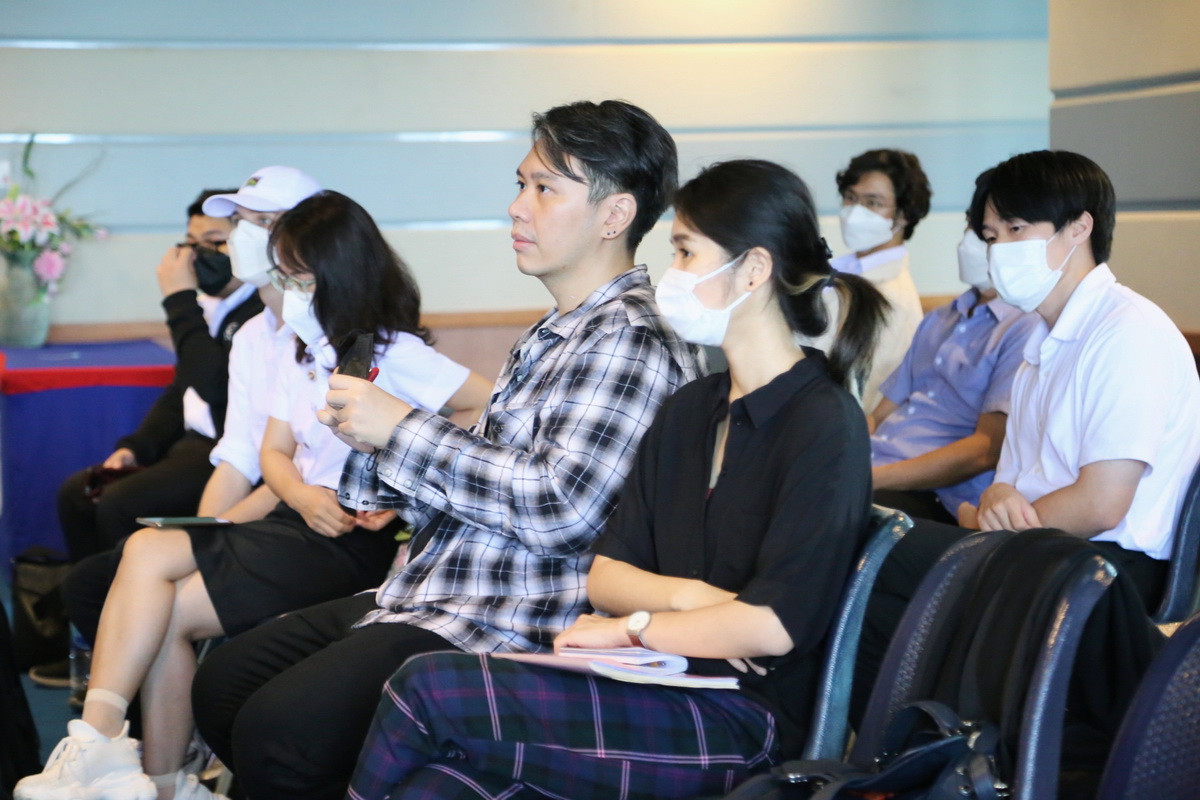 Improvisation stimulates actively our creative side and makes our music practice much more interesting and challenging. Many aspects in music may be approached with an improvisatorial perspective: the technical one for example, usually considered the most boring, may become attractive and challenging through improvisation, simply because it basically reconnects technical aspects to music and its meaning. So, instead of useless mechanical repetitions based on dissociation between sound and its meaning, the invention of customized music exercises that involve our creative, intellectual and artistic side, and in the same time solve our technical problems. Not to mention that in the past the skills of a musician were often based on his capabilities to improvise, as witnessed from many historical sources. Also in the past, there were competitions, auditions, and so on, but based on improvisatory skills, not (only) on performances of written repertoire.”
Improvisation stimulates actively our creative side and makes our music practice much more interesting and challenging. Many aspects in music may be approached with an improvisatorial perspective: the technical one for example, usually considered the most boring, may become attractive and challenging through improvisation, simply because it basically reconnects technical aspects to music and its meaning. So, instead of useless mechanical repetitions based on dissociation between sound and its meaning, the invention of customized music exercises that involve our creative, intellectual and artistic side, and in the same time solve our technical problems. Not to mention that in the past the skills of a musician were often based on his capabilities to improvise, as witnessed from many historical sources. Also in the past, there were competitions, auditions, and so on, but based on improvisatory skills, not (only) on performances of written repertoire.”
Study of classical improvisation is being rediscovered in many countries in the last 20-30 years from musicians all over the world (you will find many of them on Youtube) as well as a consistent number of scientific references.
Once again, Assumption University gears toward uniqueness and identity, giving its students a cutting-edge education. All music students have chance to study classical improvisation next to the study of traditional repertoire.
